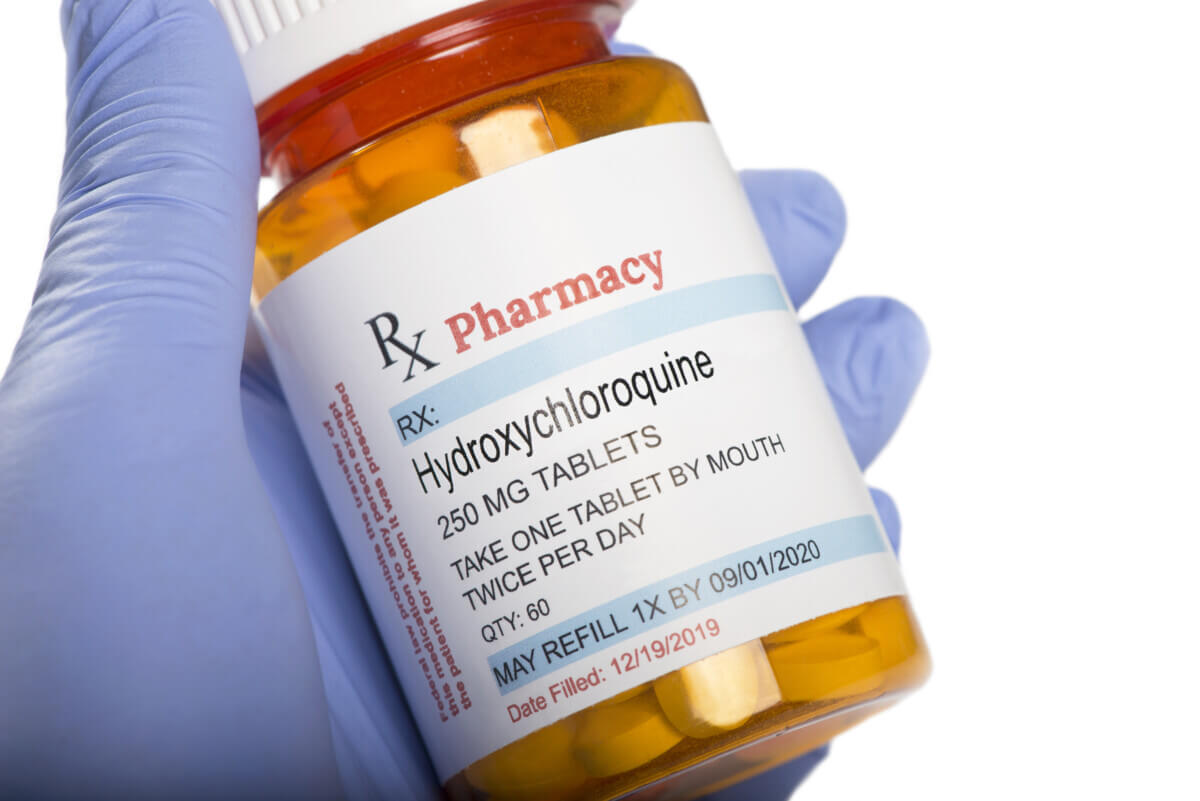
(© Sherry Young - stock.adobe.com)
CALGARY, Alberta — Hydroxychloroquine may not be a reliable treatment for COVID-19, but a new study finds it may find a new job treating the worst form of multiple sclerosis (MS). Researchers from the University of Calgary found that the prescription drug can slow the worsening symptoms of primary progressive multiple sclerosis.
This form of the autoimmune disease is the least treatable version of a condition that affects around 200,000 Americans each year. MS causes the body's own immune system to attack the protective coverings around the nerves in the brain and spinal cord. Around 15 percent of cases are primary progressive MS, and patients with this version see their symptoms get progressively worse over time.
The new study tested hydroxychloroquine's ability to slow the disease's disabling effects over an 18-month study. Researchers followed 35 people with MS, keeping track of their progress from November 2016 to June 2021. The team expected at least 40 percent of these patients (14 people) to experience a significant decline in their ability to walk — even after the hydroxychloroquine treatments.
To their surprise, only eight participants saw their MS symptoms worsen.
“With primary progressive MS, there is no good treatment to stop or reverse the progression of disease. The disability progressively worsens through time,” says Dr. Marcus Koch, a clinician-investigator in the Department of Clinical Neurosciences, in a university release.
“Dr. (Wee) Yong’s research team, with whom we closely collaborate, has been screening a large number of generic drugs over several years and the results with hydroxychloroquine show some promise. Our trial is a preliminary success that needs further research. We hope sharing these results will help inspire that work, specifically larger scale clinical trials into the future.”
What is hydroxychloroquine?
Originally, scientists created the drug to be an anti-malaria medication. However, it's now a common treatment for managing the symptoms of rheumatoid arthritis and other autoimmune conditions like lupus.
During the coronavirus pandemic, it has become a controversial treatment option for COVID-19. Previous studies have found conflicting evidence that the medication reduces the symptoms of COVID — with some finding the drug significantly reduces the risk of death from coronavirus infections and others finding it doesn't help at all.
“Based on research in our lab on models of MS, we predicted that hydroxychloroquine would reduce disability in people living with MS. Calgary has a vibrant bench-to-bedside MS program and the work from Dr. Koch’s trial offers further evidence which we were pleased to see,” says Dr. Yong, a professor in the Department of Clinical Neurosciences.
The study is published in the journal Annals of Neurology.










